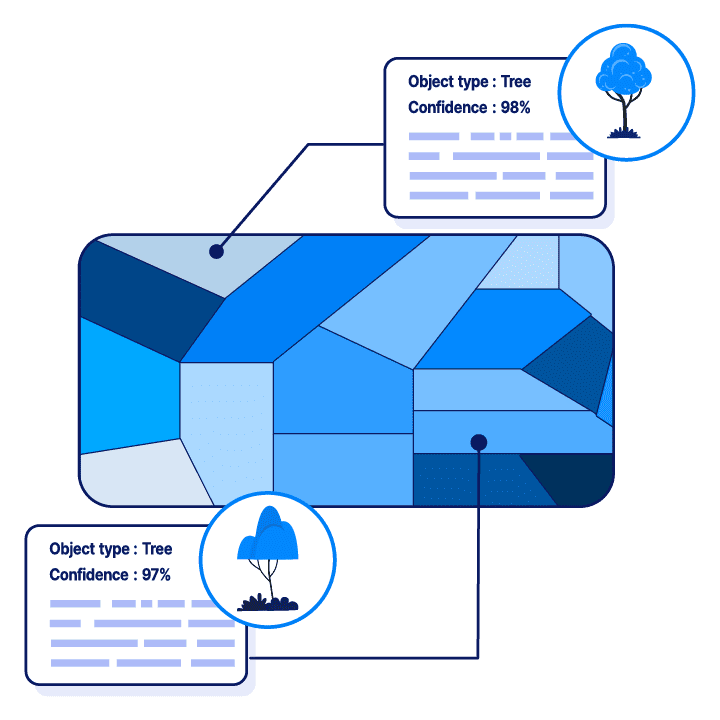AI Superior, in collaboration with international humanitarian NGO World Vision, undertook a compelling project to investigate the potential correlation between land degradation and conflicts in selected countries. By analysing the NDVI index and historical conflict records, the project aimed to shed light on the relationship between these two critical factors. This article explores the methodology employed, the findings discovered, and the implications of the research.

Exploring the Relationship Between Land Degradation and Conflict Prevalence
Technology
Core Machine Learning
Industry
NGOs, NPOs & NCOs
Potential industries
NGOs, NPOs & NCOs
Client
NGO
Summary
Challenge
The challenge faced by AI Superior in the project was to investigate the potential correlation between land degradation and conflicts in countries belonging to the IPC 4 and IPC 5 groups. The complexity of the challenge lied in uncovering meaningful insights from diverse sources of information and establishing a clear relationship between land degradation and conflict variables. Furthermore, AI Superior needed to develop a predictive model that could accurately forecast conflict occurrence in the upcoming 6 months based on the state of land degradation/regeneration, introducing a new level of complexity in the analysis.
Solution by AI Superior
Analyzing the NDVI and Conflict Variables
The project began by assessing the vegetation in a given area. The Normalized Difference Vegetation Index (NDVI) served as a fundamental metric for this task. Ranging from -1 to +1, NDVI values help determine the presence and condition of vegetation. High NDVI values indicate thriving vegetation, whereas low values suggest a lack of vegetation or the presence of non-photosynthetic materials.
AI Superior’s team extracted the yearly median NDVI values for countries falling under the IPC 4 and IPC 5 classifications since 1981. Simultaneously, historical conflict records for these countries were scrutinised considering four variables: total_deaths, total_conflicts, total_days_of_conflict, and severity.
Revealing the Findings:
The analysis performed by AI Superior yielded compelling results. Negative correlation values were observed between NDVI and all conflict variables studied. As conflict variables increase, NDVI decreases (indicating land degradation) in the upcoming 6 months. Conversely as NDVI decreased (indicating land degradation), conflict variables increased in the upcoming 6 months. These findings provided strong evidence of a negative correlation between land degradation and conflict prevalence.
Building a Predictive Model:
Lastly, by incorporating feature engineering into the model development process, AI Superior developed a sophisticated classifier capable of predicting conflict occurrences in the upcoming six months. This model incorporated the variables of land degradation/regeneration, as indicated by NDVI, and achieved an impressive accuracy rate of 74%.
Outcome and Implications
AI Superior’s collaboration with World Vision in investigating the correlation between land degradation and conflicts has yielded valuable insights. By analyzing NDVI data and historical conflict records, the project highlighted a negative correlation between land degradation and conflict prevalence. Moreover, the development of a predictive model, incorporating feature engineering techniques, opens new avenues for proactive conflict prevention. These findings have significant implications for both humanitarian and environmental efforts. World Vision, recognizing the importance of this research, has published the results on their website, ensuring that the knowledge gained can be shared and utilized by organizations worldwide. This project exemplifies the power of AI and data analysis in addressing complex global challenges, contributing to the advancement of conflict prevention strategies and the pursuit of a more peaceful and sustainable world.
